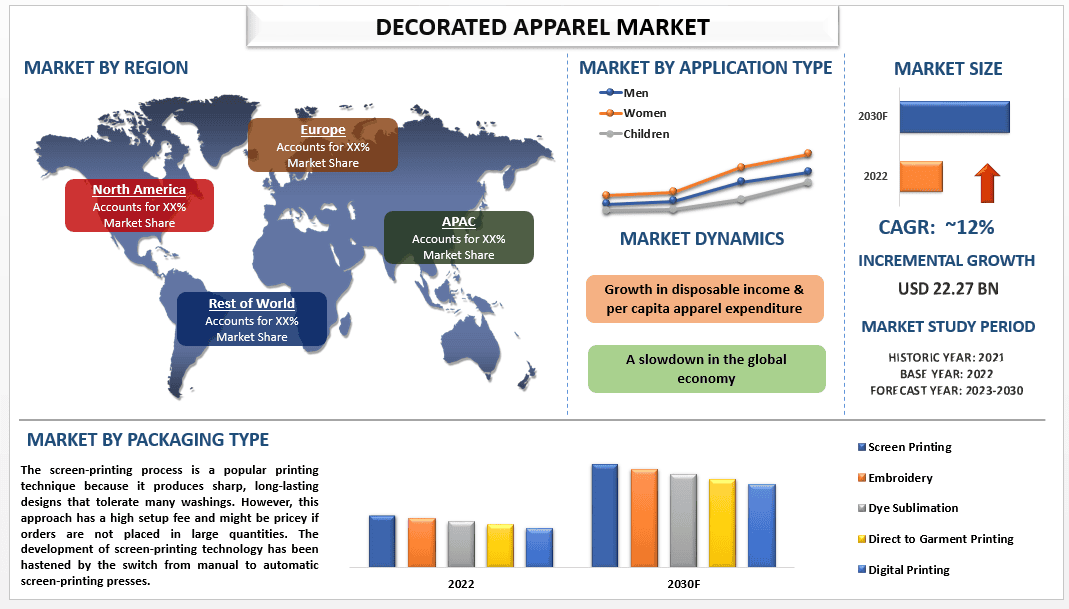Why Call Tracking Software Is a Must-Have for Agencies
Marketing agencies today operate in a data-driven world. Clients no longer accept vague promises of visibility or brand awareness—they want hard evidence that their investments are generating measurable returns. While digital analytics can show clicks, impressions, and website visits, many customer journeys still end with a phone call. Without the ability to track and analyze those calls, agencies risk overlooking a major piece of the ROI puzzle. This is where call tracking software becomes essential.
The Challenges of Proving ROI
Agencies face constant pressure to justify budgets and campaign effectiveness. Online tracking tools provide detailed insights into digital performance, but when a potential customer sees an ad and decides to pick up the phone, that lead often slips into a reporting blind spot. Without proper tracking, agencies cannot confidently answer:
-
Which campaigns or channels generated the call?
-
Did the call lead to a sale, appointment, or inquiry?
-
What was the customer’s experience or sentiment during the interaction?
These gaps not only make reporting incomplete but also limit the agency’s ability to optimize campaigns and improve client results.
What Call Tracking Software Provides
Call tracking software solves these challenges by connecting phone interactions directly to marketing campaigns. It allows agencies to go beyond call volume and uncover deeper insights about customer behavior, campaign effectiveness, and team performance.
1. Accurate Attribution
Agencies can link calls to specific ads, keywords, or campaigns. This eliminates guesswork and provides clear evidence of which strategies drive leads.
2. In-Depth Analytics
Modern platforms use features such as transcription, categorization, and sentiment analysis. These tools transform conversations into actionable data, enabling agencies to refine messaging and train client teams.
3. Centralized Reporting
Instead of juggling multiple data sources, agencies can generate unified reports that show exactly how each channel contributes to client ROI. This makes it easier to demonstrate value and build trust.
4. Lead Qualification
AI-powered call tracking can automatically score and tag calls, ensuring that clients’ sales teams focus on high-value prospects rather than wasting time on unqualified leads.
Benefits for Agencies
The adoption of AI call tracking software brings clear advantages to agencies and their clients.
-
Stronger ROI Proof: Agencies can provide transparent reports linking marketing spend to tangible results.
-
Smarter Campaign Optimization: Knowing which channels convert best allows for better budget allocation.
-
Enhanced Client Services: Insights into caller sentiment and missed opportunities let agencies act as strategic advisors, not just service providers.
-
Greater Efficiency: Automated lead tagging, routing, and reporting free up agency teams to focus on strategy.
Ultimately, agencies that integrate call tracking gain a competitive advantage by being able to connect the dots between marketing activities and real-world outcomes.
Real-World Use Cases
-
Healthcare Marketing:
For healthcare providers, every phone call can represent a potential patient seeking critical services. Agencies working with clinics, hospitals, or dental practices can use call tracking and call reporting software to show exactly which local ads or digital campaigns are driving those inquiries. Beyond simply counting call volumes, detailed reporting reveals the quality of conversations and outcomes, such as whether the caller booked an appointment. Agencies can also use call recordings and analytics to help clinics improve call handling, reduce missed opportunities, and ensure that patients receive a better first impression when they reach out.
-
Retail Campaigns:
In retail, seasonal promotions often involve significant investment across digital ads, social media, and local outreach. Call tracking allows agencies to measure success not just in clicks or foot traffic but in actual call-driven sales conversions. By attributing incoming calls to specific campaigns, agencies can demonstrate the true value of marketing spend and help retailers refine their messaging for maximum impact. For instance, a holiday sale ad might generate more customer calls than a general discount campaign, offering insights into what drives urgency and purchases.
-
Service-Based Businesses:
For service-based industries such as HVAC, plumbing, or legal services, phone calls remain the lifeblood of customer acquisition. Missed calls in these sectors can translate directly into lost revenue. Call tracking software enables agencies to identify when and where missed calls occur, giving them concrete data to recommend better staffing schedules or call routing strategies. Over time, these insights not only reduce lost opportunities but also help service providers respond faster, improve customer satisfaction, and build stronger client loyalty. These insights translate into practical improvements that increase client satisfaction and retention.
Conclusion
In a competitive marketplace, agencies can no longer afford blind spots in reporting. Call tracking software has become a must-have tool, providing accurate attribution, actionable analytics, and transparent reporting that clients expect. By adopting these solutions, agencies can optimize campaigns, prove ROI with confidence, and strengthen their role as trusted partners.
Whether through advanced platforms like CallTrack.ai or other solutions in the market, agencies that embrace call tracking gain the insights needed to deliver better results—and keep clients coming back.








